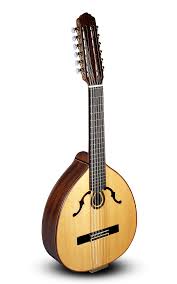
记忆方法
为了记忆单词“laud”,可以采取以下简单记忆法:
将“laud”拆分为“lau”和“d”,联想“lau”为“洗澡”(lau作为音节与“洗澡”谐音),而“d”可以联想到“光明”(d像阳光照耀)。想象“洗澡后变得光明磊落”,从而获得赞扬(laud),这样就可以记住“laud”意为赞扬、称赞。
将“laud”拆分为“lau”和“d”,联想“lau”为“洗澡”(lau作为音节与“洗澡”谐音),而“d”可以联想到“光明”(d像阳光照耀)。想象“洗澡后变得光明磊落”,从而获得赞扬(laud),这样就可以记住“laud”意为赞扬、称赞。
以上内容由AI生成, 仅供参考和借鉴
中文词源
laud 赞美
来自拉丁语laudis,称赞,歌颂,来自PIE*leu,唱,拟声词,词源同lied.
英语词源
- laud (v.)
- late 14c., from Old French lauder "praise, extol," from Latin laudare "to praise, commend, honor, extol, eulogize," from laus (genitive laudis) "praise, fame glory." Probably cognate with Old English leoð "song, poem, hymn," from Proto-Germanic *leuthan (cognates: Old Norse ljoð "strophe," German Lied "song," Gothic liuþon "to praise"), and from an echoic PIE root *leu-. Related: Lauded; lauding.
权威例句
- 1. Kathy was very pleased to have graduated cum laud in her class.
- 凯西在班上以优等成绩毕业,她为此而非常高兴.
- 2. Have to laud you once!
- 不得不赞美你一下!
- 3. Queen's imperial concubine saw, also laud her.
- 王后妃嫔见了, 也赞美她.
- 4. Laud an organization for its environmental consciousness.
- 嘉奖某个组织注重环保.
- 5. I laud the people of Lijang.
- 我可是赞美丽江的人民.
